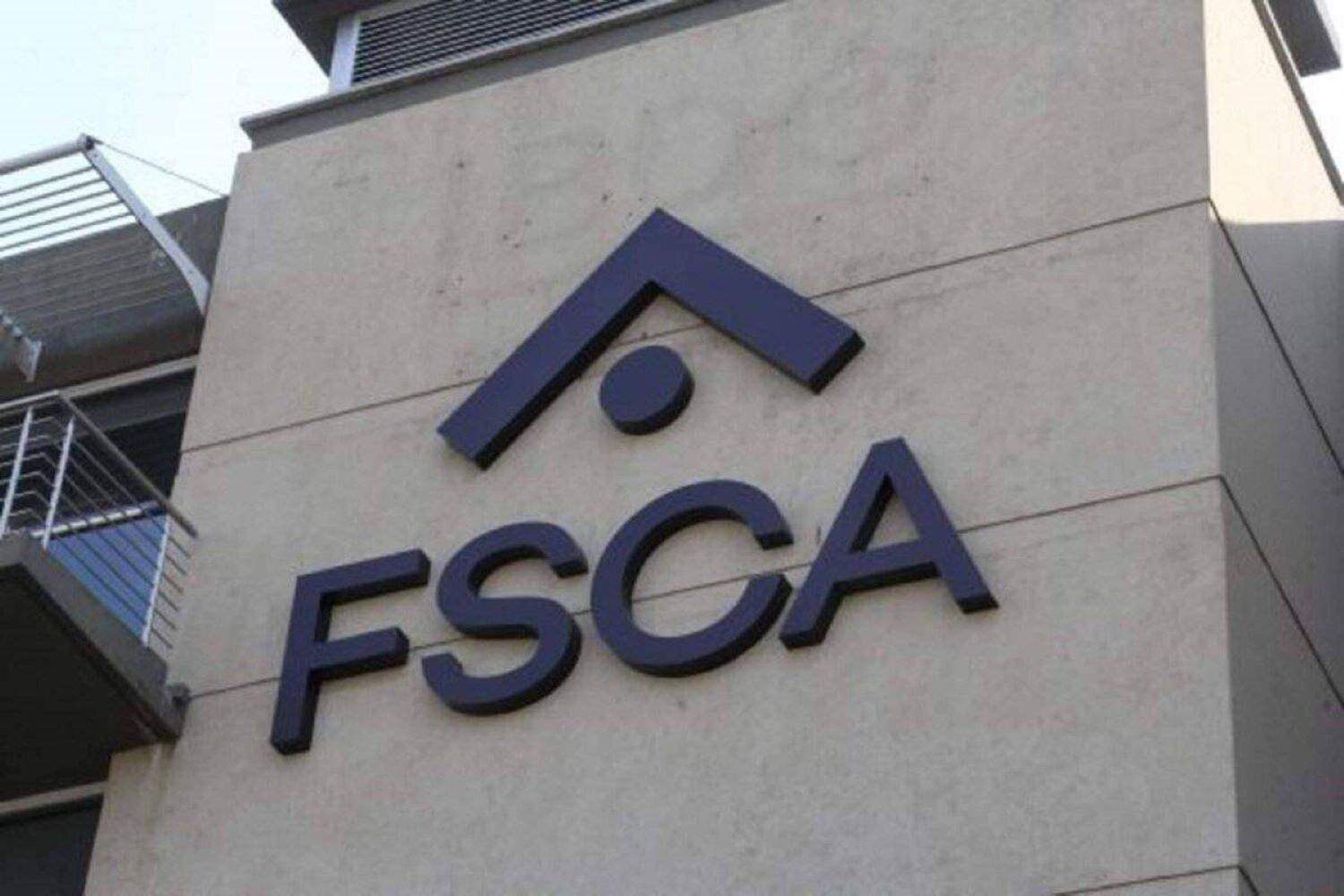Problems in the funeral insurance industry will get some attention in the first half of the year as the authorities review the funeral industry regulations.
The Prudential Authority and the FSCA initiated a review of the regulatory framework for the distribution of funeral insurance in South Africa in response to concerns the entities identified as well as those raised by representatives of the funeral parlour industry.
The industry is particularly concerned about the appropriateness of the current regulatory framework considering the unique socio-economic and market dynamics of the sector.
The Financial Sector Conduct Authority (FSCA) and the Prudential Authority (PA) issued Joint Communication 7 of 2024 in November, setting out the current regulatory position. It also highlights specific concerns from the industry and the authorities and outlines an inter-regulatory project to try and address these concerns. It also invites stakeholders to participate in the project.
The PA and FSCA say they acknowledge the crucial role funeral parlours play in communities across the country by ensuring the respectful handling of the mortal remains of loved ones, which carries cultural and social significance.
ALSO READ: How much does a funeral really cost?
Funeral insurance contributes to economic growth
“As small businesses, they also contribute to job creation and sustainable economic growth. It is therefore important to ensure that regulatory requirements applicable to the sector are proportional and inclusive enough while also providing adequate protection for the vulnerable communities they serve.”
The FSCA and PA invited key stakeholders to participate in this project to ensure a consultative process to ensure that any reforms arising from the project include the interests of market participants and consumers.
Stakeholders are invited to participate in a series of workshops that will be held in the first half of the year to contribute towards the formulation of a pragmatic and balanced approach for the future regulation and supervision of funeral insurance in the country.
ALSO READ: Considering taking out a funeral policy? Here’s how to avoid getting scammed
Concerns of funeral insurance industry
Christine Rodrigues, partner, and Zamanguni Mazubane, an associate at law firm Bowmans, say some of the concerns raised by the funeral parlour industry include:
- The slow implementation of the microinsurance licensing framework under the Insurance Act. The framework is intended to accelerate the transition of small and emerging entities into fully fledged insurers. In particular, concerns were raised regarding the licensing application process and market entry capital requirements, which are perceived to still be too high considering the nature, size, and complexity of relevant business activities.
- The perception that the ability of funeral parlours and other small intermediaries to enter into joint ventures or cell captive arrangements with larger entities or traditional insurers may have been impeded by overly onerous underwriting criteria, unaffordable pricing models, and excessive sales thresholds set by insurers.
- The perception that the amendments to the definition of ‘group’ in the Insurance Act, read with several amendments to the Policyholder Protection Rules under the Long-term Insurance Act, resulted in unfairly divesting funeral parlours of the ownership and control of their client assets by transferring ownership and control to insurers who are ultimately responsible for underwriting the policies of these clients.
ALSO READ: Funeral parlours facing backlash over excessive pricing claims
Concerns of PA and FSCA about funeral insurance
Rodrigues and Mazubane say some of the concerns raised by the PA and FSCA include:
- The amendments to the definition of ‘group’ in the Insurance Act were made because funeral parlours were the primary contracting parties of group funeral policies, which meant that the clients (the underlying insured members of the group policy) did not have a direct relationship with insurers. The PA and FSCA acknowledge that the amended definition of ‘group’ has created potential unintended consequences for the funeral parlour market, and they are open to engaging further on this.
- A high number of unlicensed entities, including funeral parlours, engaged in the self-underwriting of insurance policies and unauthorised collection of ‘premiums’ from their clients in contravention of prevailing insurance legislation, which exposes policyholders to various risks.
- Overly restrictive or misguided interpretations of the regulatory framework by either an insurer or a funeral parlour’s compliance function being used to hinder the other party’s ability to effectively execute its obligations to policyholders. This can result in prejudice to policyholders.
ALSO READ: Deceased ‘took out funeral policy under my guidance’, alleged insurance killer tells court
Review will also promote compliance
They point out that the project is also aimed at promoting compliance by identifying opportunities to provide increased regulatory support to small businesses with limited compliance capability and strengthening the PA and FSCA’s supervisory and enforcement frameworks to deal with instances of non-compliance more effectively.
Therefore, the project will cover a review of:
- the current regulatory framework affecting the funeral parlour market
- compliance awareness and capability support for funeral parlours
- the improvement of supervision and enforcement strategies and
- consumer empowerment strategies to improve the financial literacy and awareness of consumers of funeral insurance.
Interested parties who wish to participate in the workshops are invited to confirm their interest by emailing their details to FSCA.funeralins@fsca.co.za.
